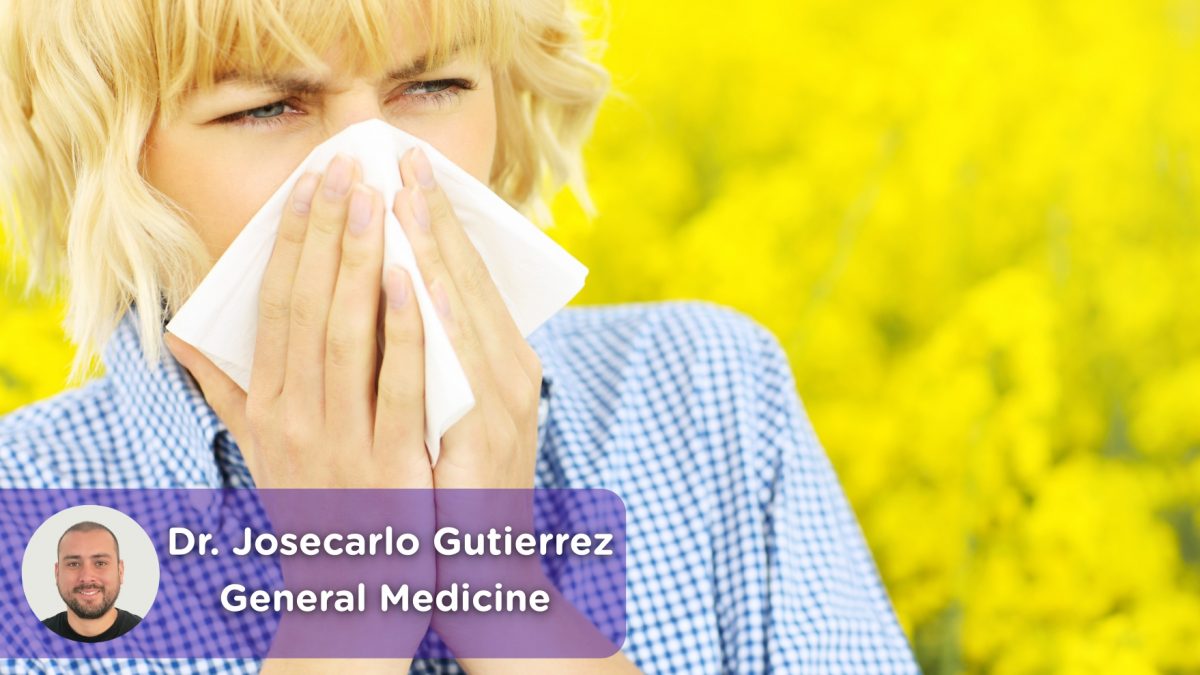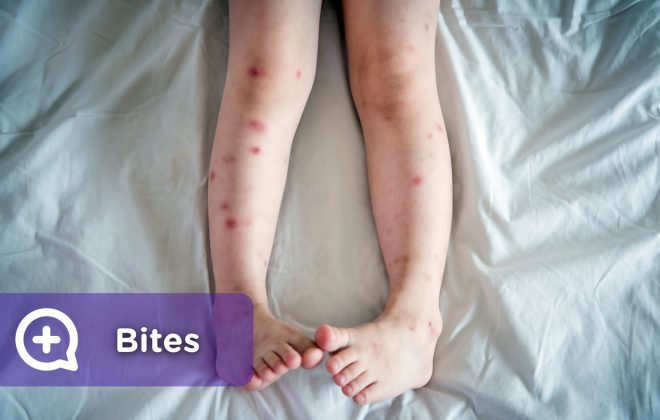This year it seems as though spring will arrive much later, but it will arrive with a force. 15% of the population suffers from a pollen allergy, another large percentage of the population believes that it is a cold most of the season, but have you ever thought that maybe you are allergic to pollen? If you suffer from nasal congestion, sneezing, eye irritation, conjunctivitis, difficulty breathing, itching of the face (nose, throat, or tongue) or skin irritation, it may be an allergy and you may not know it.
For those with allergies, the season is hard and for you. Dr. Josecarlo Gutiérrez, general doctor at mediQuo, gives us some guidelines to protect ourselves and reduce the symptoms that spring allergies produce.
How can we reduce our allergy symptoms?
- Avoid walking through parks and gardens.
- Use sunglasses.
- Avoid going out in hours of greatest pollination, especially windy days.
- Keep the windows in your house closed during the morning and air out the house in the afternoon.
- Hang clothes inside the house so that they are not exposed to grains of pollen.
- If you travel in a car, keep the windows closed.
On the one hand, Dr. Gutiérrez tells us that there is immunotherapy, better known as the vaccine for allergy. A very effective treatment that reduces the effects of the allergy during the period of 3 to 5 years. This treatment should be prescribed and controlled by an allergy specialist.
On the other hand, one can opt for symptomatic treatments, such as nasal decongestants for rhinitis and eye drops for eye irritation. If the symptoms do not decrease, you should go to a medical specialist to determine your allergies.
*Content validated by the medical team of mediQuo.



